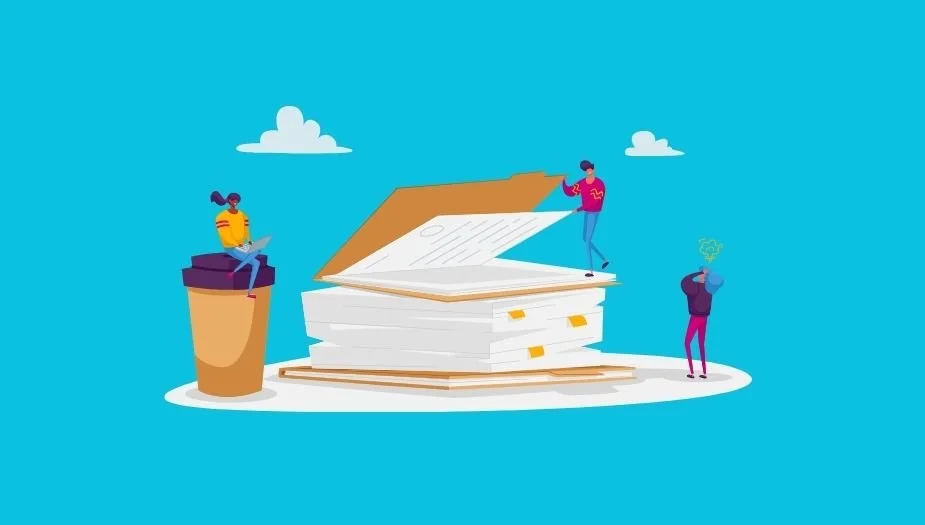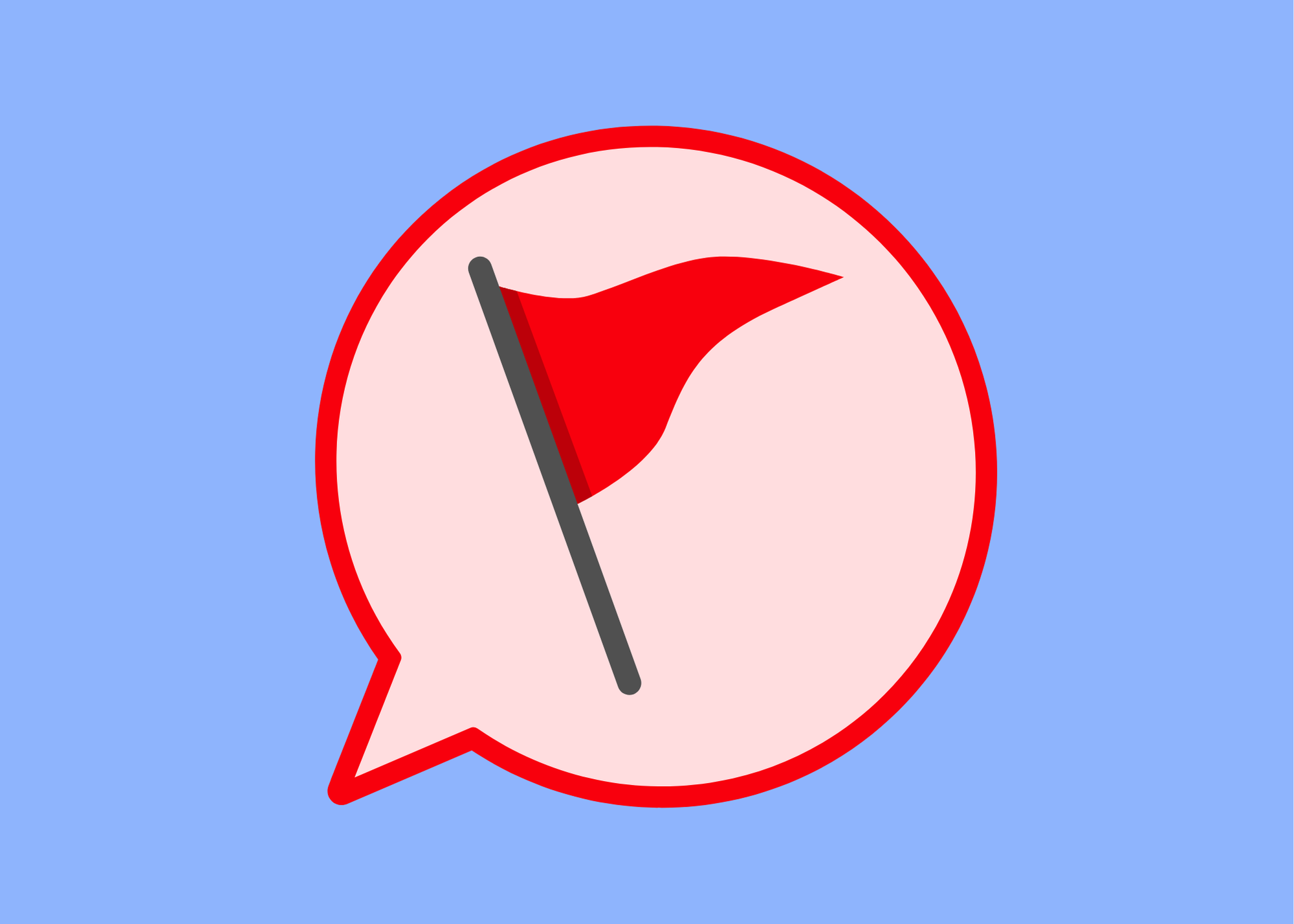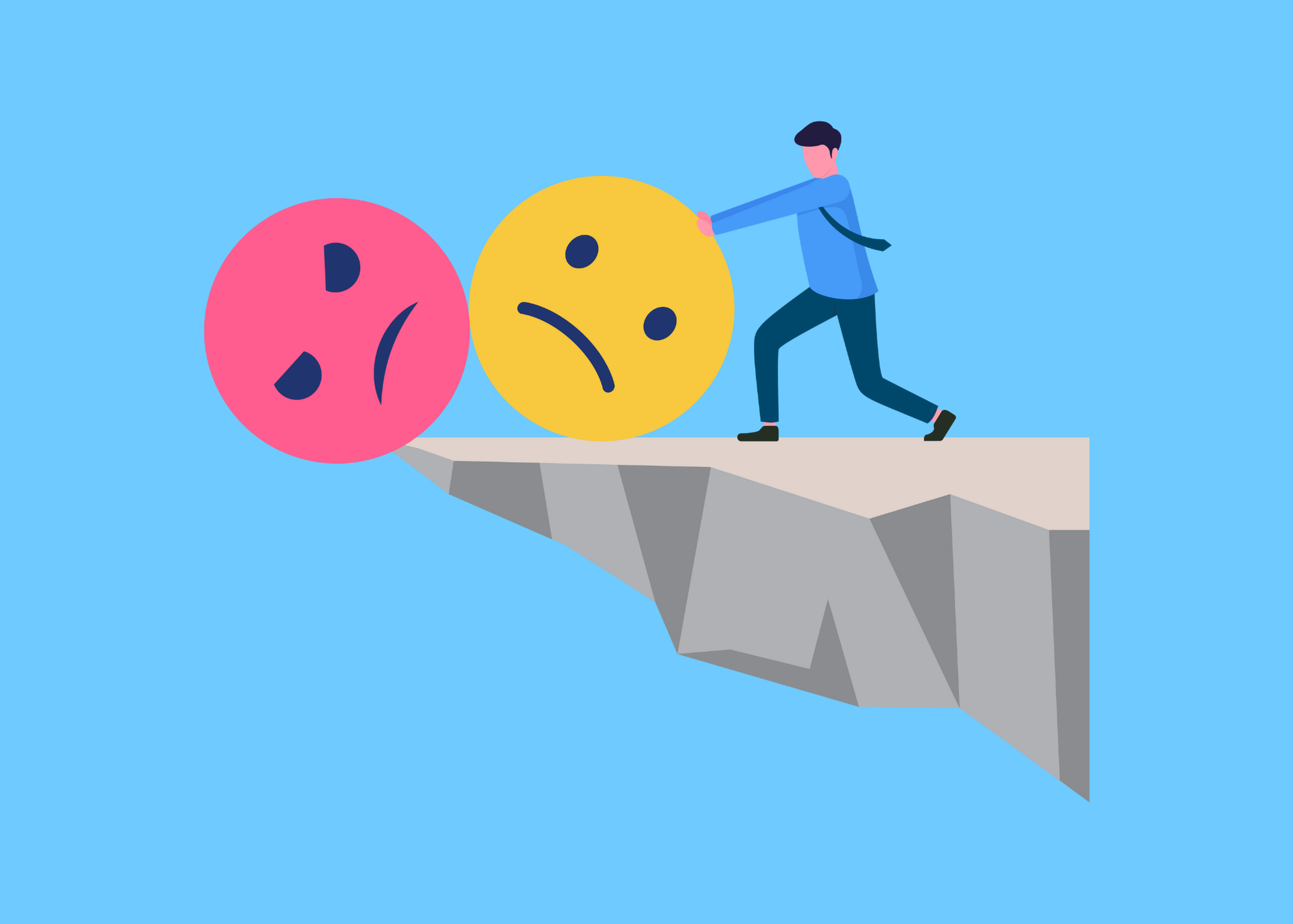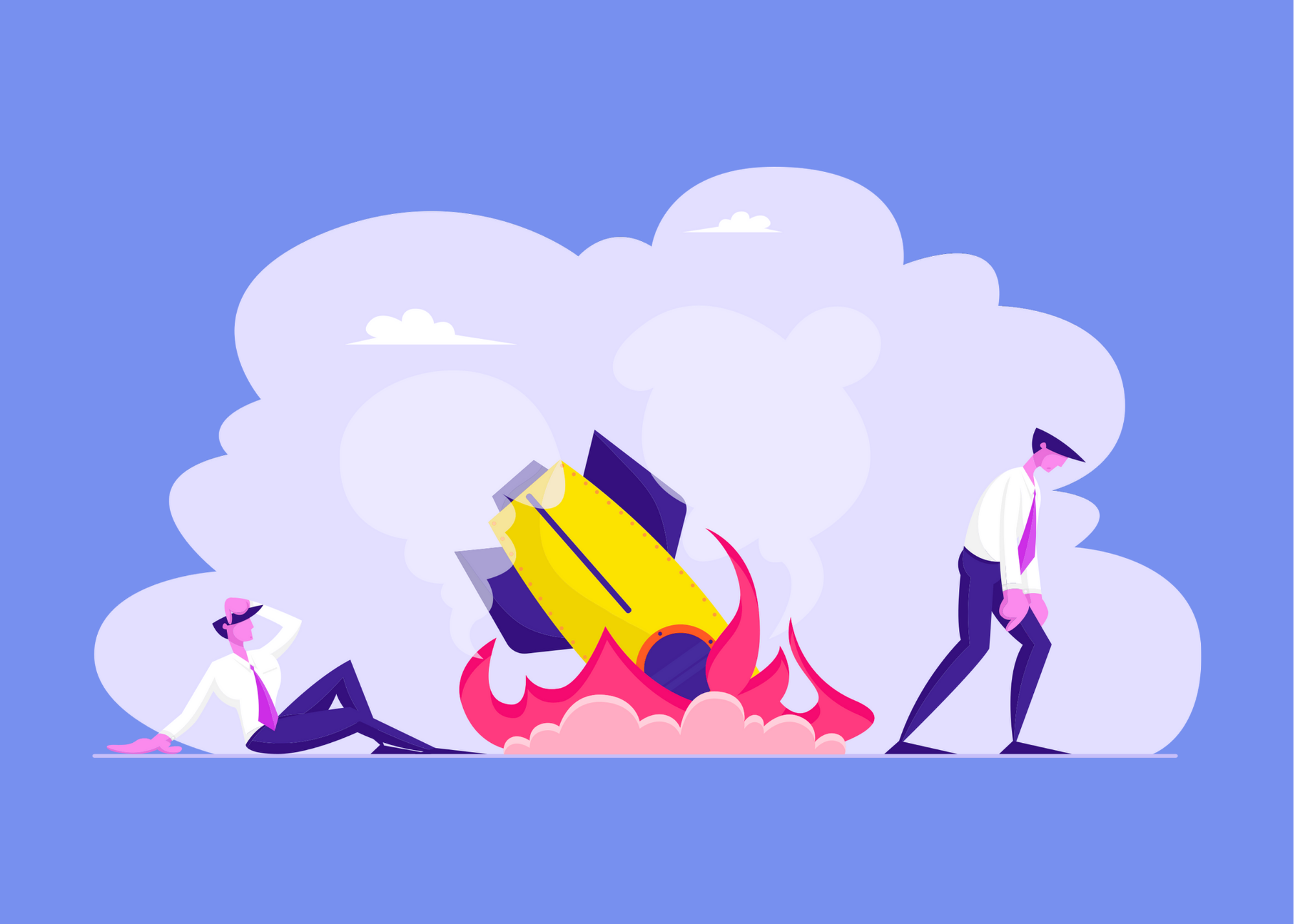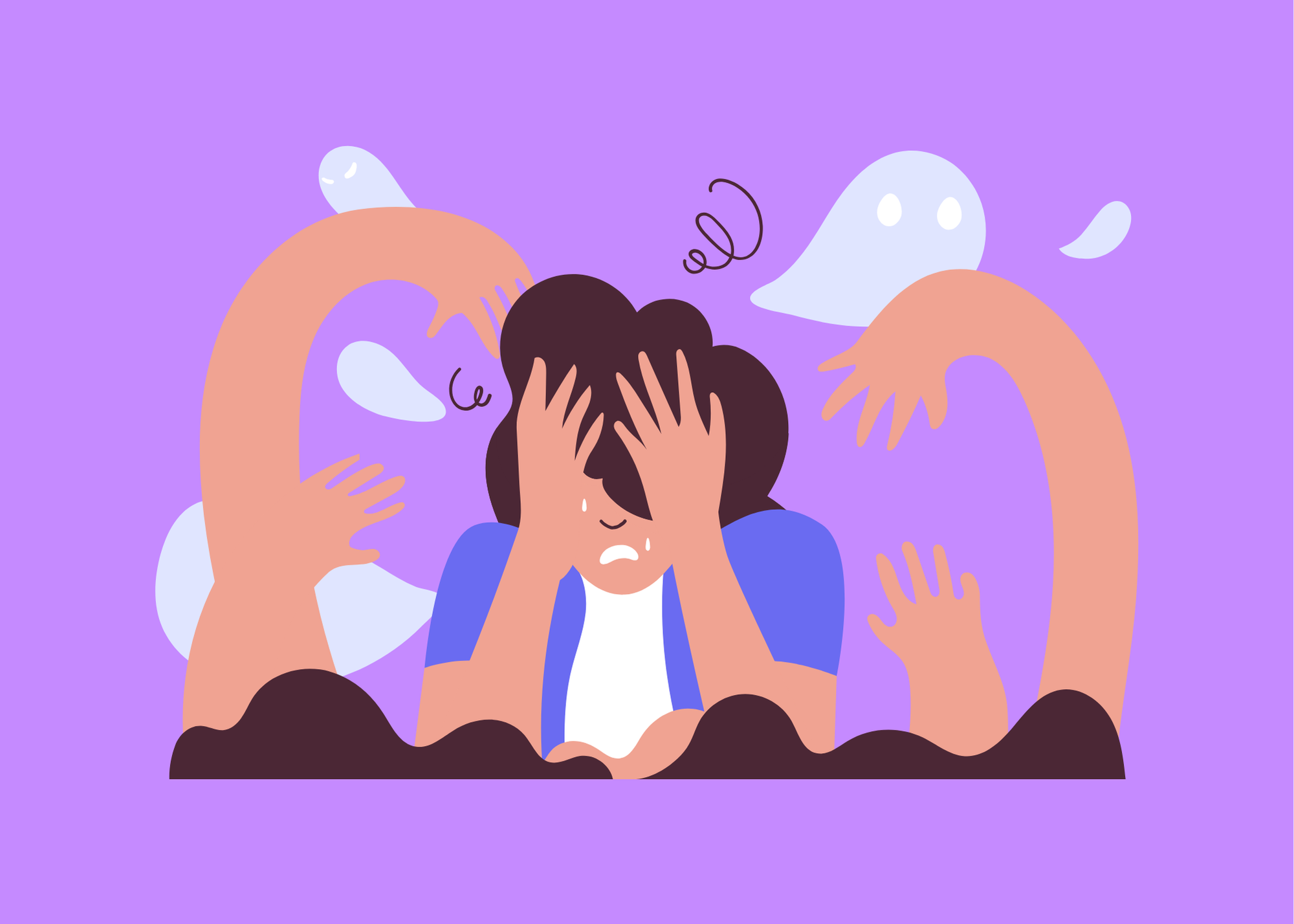Why Taking Breaks Is the Most Productive Thing You Can Do for Yourself to Avoid Chronic Stress and Burnout
Success is about delivering high quality, consistent results— and that requires rest.
In the relentless pursuit of excellence, it’s easy to forget that even the most finely tuned machines need downtime. High-achieving professionals often pride themselves on their ability to push through long hours and keep up with demanding schedules. But here’s the hard truth: if you don’t take a break when you need it, your body will force you to—and it will be at the worst possible time.
This isn’t just about self-care; it’s about survival. Taking breaks is critical for avoiding chronic stress and burnout, maintaining high performance, and staying healthy. Let’s dive into why breaks are essential and how to incorporate them into your life.
Your Body Will Demand Rest if You Don’t Provide It
Stress is your body’s way of responding to challenges. In small doses, it’s helpful, but prolonged stress wreaks havoc on your health. When you’re under constant pressure, your body releases stress hormones like cortisol and adrenaline nonstop. Over time, this leads to:
Exhaustion: Persistent fatigue that coffee can’t fix.
Weak Immunity: Frequent colds, flu, or infections.
Cognitive Decline: Memory issues and difficulty concentrating.
Serious Health Risks: Heart disease, diabetes, and other chronic illnesses.
Taking breaks gives your body the chance to recover before stress becomes debilitating. Skip them, and you’re risking a forced shutdown—an illness, a breakdown, or burnout that could sideline you for weeks or months.
The Productivity Myth: Why More Hours Don’t Equal More Output
Many high achievers believe working longer hours is the key to success. It’s not. Research proves that after 50 hours a week, productivity drops off a cliff. At 55 hours, you’re barely getting anything done.
Pushing through without breaks leads to mistakes, poor decisions, and diminished creativity. In contrast, regular breaks:
Sharpen Decision-Making: Stepping away helps you think clearly and avoid costly errors.
Spark Creativity: Time away from work allows innovative ideas to surface.
Restore Energy: Even short breaks recharge your focus and efficiency.
The Psychological Barriers to Taking Breaks
For many professionals, taking a break feels counterproductive. Guilt, fear of falling behind, or the pressure to perform at all times can keep you chained to your desk. Here’s why this mindset is dangerous:
Guilt Doesn’t Improve Performance: It only adds to stress.
Burnout Is Inevitable: Without rest, you’ll eventually hit a wall.
Rest Builds Resilience: Regular breaks make you stronger and better equipped to handle challenges.
Recognizing breaks as a productivity tool, not a weakness, is essential. Think of them as maintenance for your most valuable asset: yourself.
How to Build Breaks into Your Routine
You don’t need a week-long vacation every time you feel stressed (though vacations are vital). Here’s how to weave breaks into your daily and weekly routines:
Set Work Boundaries
Define clear start and end times for your workday.
Use your calendar to block off non-negotiable personal time.
Log Off After Hours
Stop checking emails and messages once your workday is over.
Create a wind-down routine to transition into personal time.
Protect Your Weekends
Avoid work-related tasks on weekends.
Prioritize rest, hobbies, and time with loved ones.
Use Your PTO
Take the vacation days you’ve earned.
Plan regular getaways or staycations to recharge.
Take Microbreaks
Step away from your desk for 5-10 minutes every hour.
Use this time to stretch, hydrate, or get fresh air.
Schedule Mental Health Days
Take a day off when you’re feeling overwhelmed.
Focus on activities that replenish your energy and calm your mind.
Ignoring Breaks Comes at a High Cost
When you ignore the need for rest, the consequences are inevitable and disruptive. You might face:
Sudden Illness: A flu or infection that forces you to stop.
Emotional Meltdowns: Anxiety or depression that makes it hard to function.
Burnout: Months of recovery from physical and emotional exhaustion.
Don’t let it get to this point. Taking breaks isn’t optional if you want to perform at your best.
Final Thoughts: Rest Is Your Secret Weapon
Success isn’t about working nonstop. It’s about delivering consistent, high-quality results—and that requires rest. Taking breaks protects your health, boosts your performance, and ensures you can sustain your efforts over the long haul.
Next time you feel tempted to push through, remember: If you don’t take a break, your body will take one for you. And it won’t be on your schedule. Choose rest now, and stay in control of your time, energy, and success.
Need Help? High performance shouldn't cost you your health.
If your ambition is intact but your energy is shot, you don’t need another motivational quote—you need a real strategy.
In 20 minutes, we’ll identify what’s draining you, what’s fixable, and what to do next.
💡 No fluff. Just clarity.
→ Schedule Your Free Strategy Session
Article References
The sources cited in the article:
Psychology Today (PT). “The Importance of Taking a Break from Work.” PT - Importance of Taking a Break from Work
Forbes. "How to Set Boundaries at Work Without Jeopardizing Your Career.” Forbes - How to Set Boundaries at Work
Harvard Business Review (HBR) “How Taking a Vacation Improves Your Wellbeing.” HBR - Taking a Vacation Improves Wellbeing
Harvard Business Review (HBR) “How to Take Better Breaks at Work.” HBR - How to take Better Breaks at Work
The NYTimes (NYT). “You Should Take More Breaks at Work.” NYT - You Should Take More Breaks at Work
Pew Research. “46% of US Workers Don’t Use All of Their Paid Time Off.” Pew Research - 46% of US Workers Don’t Use All Their PTO
